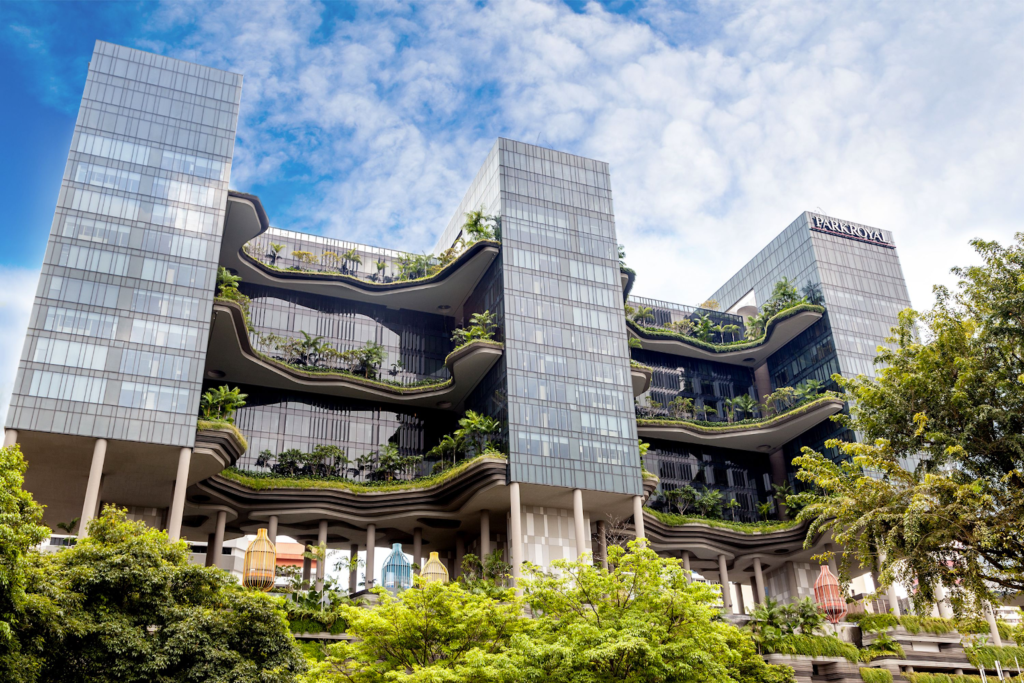Green Building Design Consultation: A Sustainable Approach to Construction
As the world increasingly prioritizes sustainability, green building design consultation has become an essential step in modern construction. This approach focuses on creating environmentally friendly buildings that optimize energy efficiency, minimize waste, and promote healthier living and working environments.

What is Green Building Design Consultation?
Green building design consultation is a professional service that guides architects, developers, and homeowners in incorporating sustainable principles into their projects. Consultants provide expert advice on materials, energy systems, water conservation, and innovative building techniques that align with green certifications such as LEED (Leadership in Energy and Environmental Design), BREEAM, and WELL standards.
Key Aspects of Green Building Consultation

Consultants help design buildings that reduce energy consumption through passive solar design, high-efficiency HVAC systems, and renewable energy sources like solar panels and wind turbines.
The selection of eco-friendly materials, such as recycled wood, low-VOC paints, and non-toxic insulation, ensures a healthier indoor environment and lower environmental impact.

Green buildings incorporate rainwater harvesting, greywater recycling, and water-efficient fixtures to minimize water waste and promote sustainability.

By implementing smart construction techniques, modular designs, and waste recycling strategies, consultants help reduce construction waste and improve resource efficiency.

Proper ventilation, non-toxic materials, and indoor greenery contribute to better air quality, enhancing occupant health and well-being.

